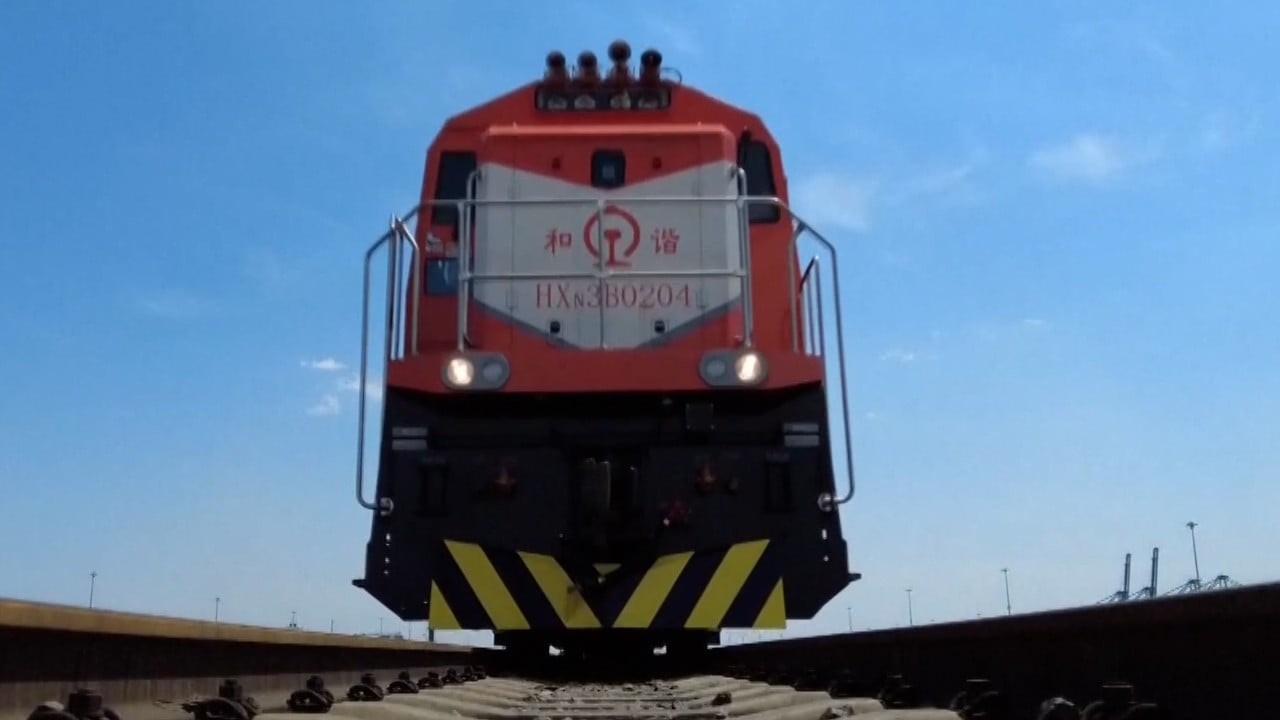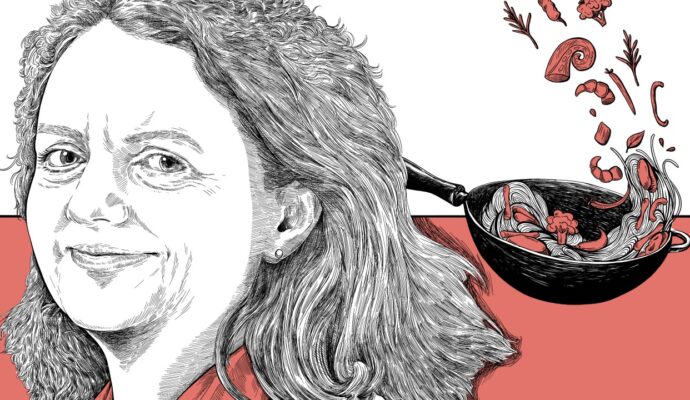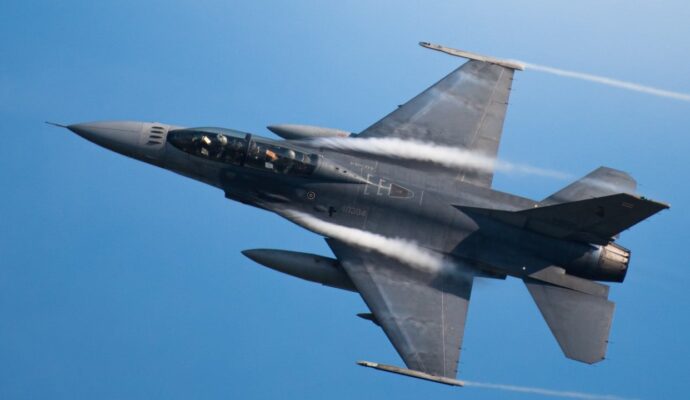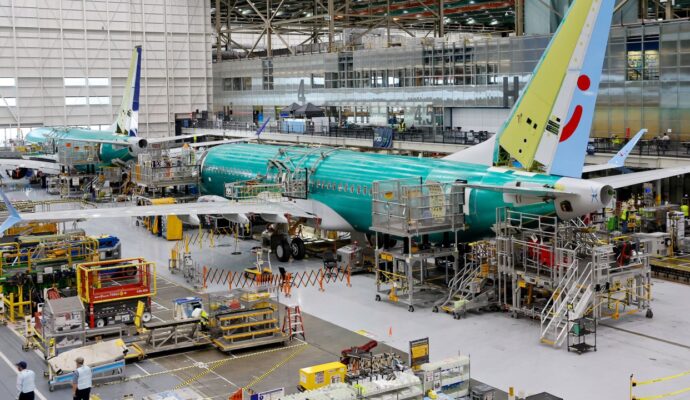
“More broadly, there was an exchange on Covid-19 and the relative experiences in Europe and China including on the respective measures taken and the response of societies,” the EU statement said.
The statement from Michel’s office said the two leaders discussed economic issues, “where rebalancing of the trade relations was a key issue for European leaders”.
“The presidents discussed the EU’s restrictive measures on China as well as the measures taken by China against the EU,” it said, referring to the tit-for-tat sanctions imposed by the two sides over alleged human rights violations in China’s western Xinjiang region.
In a press conference in Beijing, following meetings with outgoing Premier Li Keqiang and Li Zhanshu, the party No 3 and chairman of the Standing Committee of the National People’s Congress, Michel said he went there to “discuss where we can work better together, but also to discuss and manage our differences. I believe in the power of dialogue”.
“I raised the issue of minorities and discussed at length the situation in Xinjiang,” Michel said. “This is not about interfering in internal affairs. It’s about upholding the principles agreed by the United Nations for decades. And this also applies in Hong Kong.”
According to state broadcaster CCTV, Xi told Michel that Europe is an important partner that has also benefited from China’s development. He said the two sides should strengthen macroeconomic policy coordination and work together on sectors including artificial intelligence and the digital economy.
“The two sides should jointly ensure the stability of industrial and supply chains, oppose decoupling and protectionism. They should jointly oppose the politicisation and weaponisation of economic, trade, science and technological exchanges,” said Xi, according to the CCTV report.
He also said China will remain open to European companies and expressed hopes that the EU will eliminate interference and provide Chinese companies with a fair and transparent business environment.
Michel’s visit comes amid a bout of soul-searching in Europe over its future relationship with China.
Just last month, he convened a European Council summit in Brussels to discuss China, where political leaders from the 27 member states threw their support behind the EU’s 2019 designation of Beijing as a partner, competitor and rival.
The summit’s consensus, however, was that the competitor and rival prongs were now outstripping opportunities for partnering with China, and that the EU needs to find ways to reduce its reliance on the world’s second largest economy for critical commodities.
There is also pressure from the United States, which is offering industrial subsidies and other incentives to European tech firms – such as Netherlands microchip machinery maker ASML – to stop selling equipment to China.
In his meeting with Michel, Xi said China is not seeking hegemony and, despite their differences, there is no strategic confrontation between the two sides.
“China does not want to seek hegemony, has never engaged in and will never engage in exporting its model outside,” he said.
“There are differences in history, culture, development level, and ideology between China and Europe. It is normal for the two sides to have different views on some issues. They should maintain communication and consultation with a constructive attitude.”
On Ukraine, Michel said the EU is counting on China to add its voice to calls for Russia to end its “brutal destruction and occupation”. He also stressed that nuclear threats are irresponsible.
Xi said a political settlement is needed to resolve the Ukrainian crisis and measures should be taken to prevent spillover effects of the war.
“China supports the EU stepping up mediation efforts, and leading the establishment of a balanced, effective and sustainable European security architecture,” Xi said.
The two leaders also shared condolences over China’s former president Jiang Zemin, who died on Wednesday. Xi said Jiang had pushed for the establishment of the China-EU leaders dialogue and promoted cooperation between the two sides.
Michel did not elaborate when asked for specifics on how he raised the issue of anti-lockdown protests with the Chinese leadership, some of which have called on Xi to step down.
“I shared the European experience. European companies are available to provide vaccines if those would be approved by the authorities in China,” Michel told the press conference, adding that “the right of freedom of assembly is a fundamental right, enshrined in the Universal Declaration of Human Rights”.
Nor did he comment on whether he was optimistic about securing China’s help in stopping the war in Ukraine. Instead, he said: “President Xi and I agreed that nuclear threats are not acceptable, and highly dangerous”.
Addressing the security situation in East Asia, Michel reiterated the EU’s commitment to its one-China policy and recalled the EU’s long-standing position on the Taiwan Strait. Turning to the issue of human rights and fundamental freedoms, he emphasised their universality, according to his statement.
Later on Thursday, senior officials from the EU and United States will meet in Washington to discuss ways in which they can cooperate on China strategy.




